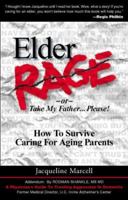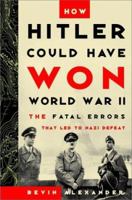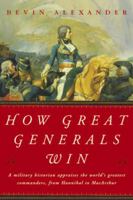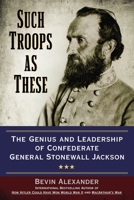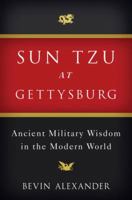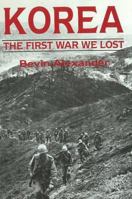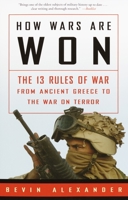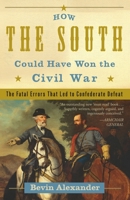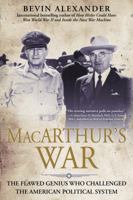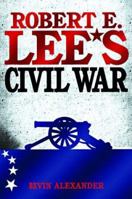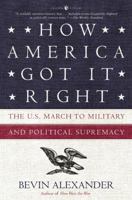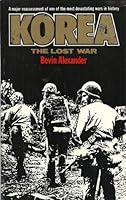Lost Victories: The Military Genius of Stonewall Jackson
You Might Also Enjoy
Related Subjects
ArchitectureCustomer Reviews
Rated 5 starsLee Worshippers Avoid
I find it downright amusing reading those who say this book unfairly criticizes the sacred Robert E. Lee. While Lee could inspire men, time after time he used the wrong strategy for what he had to work with. As it is brought out in the book, the Union had more than three times (4.6 million) possible soldiers than the South (just over a million). The best strategy would have been to avoid losses and offensive operations except...
0Report
Rated 5 starsSuperb
This book clearly and accurately details the genius of Stonewall Jackson. Alexander's conclusions are not really all that mind-bending, and quite resonable when further examination is done. He is hard on Lee, but only as pertaining to Jackson. All-in-all, a book that is anything but conventional, but remarkable in it's logic.
0Report
Rated 5 starsMy Review
This is a great book from a different perspective on the Civil War on a little known general whom made big news and is in my opion the greatest tactician of his time. Alexander did a great job with this book.This is one of my favorite books, too.
0Report
Rated 5 starsA compelling work
Alexander's conclusion about the strategic value of Stonewall Jackson is notable, and worthy of study. It also fits with the portrait of Jackson painted by Burke Davis in his biography "They Called Him Stonewall." Jackson, had he been allowed to, and properly equipped, could very well have won the war before 1863. Had he taken the war to the North, and had Lee's disastrous and bloody Seven Days been averted, there might...
0Report
Rated 5 starsThis is a very enthraling book that recals history perfect!!
This novel encorperates the battles and history os the men and weapons that were used to fight then. He lists the strengths and weaknesses of both the Confederates and the Federals. He points out the mistakes and opportunities of both sides as well as makes it dramatic. It may be alittle confusing with all the charactes being brought in and out and skipping from side to side and brigade to brigade. I loved this book and...
0Report



















